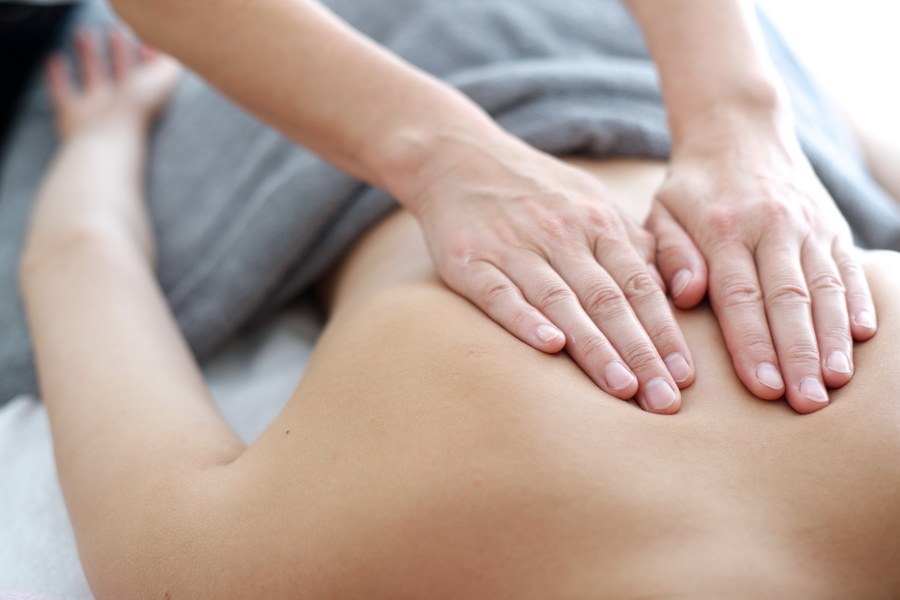5 things you should be asking your massage therapist

Massage therapy is a deeply therapeutic practice that offers numerous benefits to both the body and mind. Whether you’re seeking relaxation, pain relief, or stress reduction, engaging with a skilled massage therapist can significantly enhance your well-being. However, to maximize the benefits of your massage session, it’s essential to communicate effectively with your therapist. Asking the right questions can help tailor the experience to your needs and ensure a more satisfying outcome. Here are five crucial questions you should ask your massage therapist before and during your session:
What Techniques Do You Specialize In?
Understanding the therapist’s specialties and techniques can help you determine if their expertise aligns with your needs. Various massage modalities, such as Swedish, deep tissue, sports massage, and trigger point therapy, target different issues or preferences. If you’re seeking relaxation, a gentle Swedish massage might be ideal. For chronic pain or muscle tension, a therapist specializing in deep tissue or myofascial release might be more beneficial. Communicating your goals and learning about their expertise will allow you to make an informed decision about the type of massage that suits you best.Can You Tailor the Massage to Address My Specific Concerns?
Every individual has unique needs and areas of focus, whether it’s tension in the neck and shoulders, lower back pain, or stress-related headaches. Communicate these concerns to your massage therapist before the session begins. They can customize the massage by adjusting pressure, targeting specific muscle groups, or incorporating techniques that alleviate your specific issues. Clear communication about your preferences and areas of discomfort will help the therapist personalize the session for maximum benefit.Are There Any Precautions or Aftercare Recommendations I Should Be Aware Of?
It’s essential to discuss any health conditions, injuries, or allergies you may have before the massage. Certain conditions may require modifications in the massage approach or techniques used. Additionally, inquire about any precautions you should take after the session, such as drinking water to stay hydrated, avoiding strenuous activities, or using heat or ice on specific areas. Understanding these recommendations can enhance the effectiveness of the massage and promote faster recovery.How Will I Feel After the Massage?
Understanding the potential effects after a massage session is crucial. While many people experience relaxation and relief from pain or tension, some may feel temporary soreness, increased energy, or emotional release. Knowing what to expect can help manage post-massage sensations and allow you to gauge the effectiveness of the session. Moreover, inquire about any self-care practices or additional treatments that can prolong the benefits of the massage.What Qualifications or Certifications Do You Have?
Asking about a therapist’s qualifications, certifications, or memberships in professional massage associations can provide reassurance about their expertise and adherence to ethical standards. Certified and licensed massage therapists undergo rigorous training, ensuring a higher level of competence and professionalism in their practice. Being aware of their credentials can instill confidence and trust in their abilities to provide a safe and effective massage experience.
In conclusion, effective communication with your massage therapist is key to maximizing the benefits of your session. By asking these essential questions, you can ensure a more tailored and beneficial massage experience that addresses your specific needs and concerns. Remember, open communication fosters a collaborative effort between you and your therapist, leading to a more satisfying and rewarding massage session.

